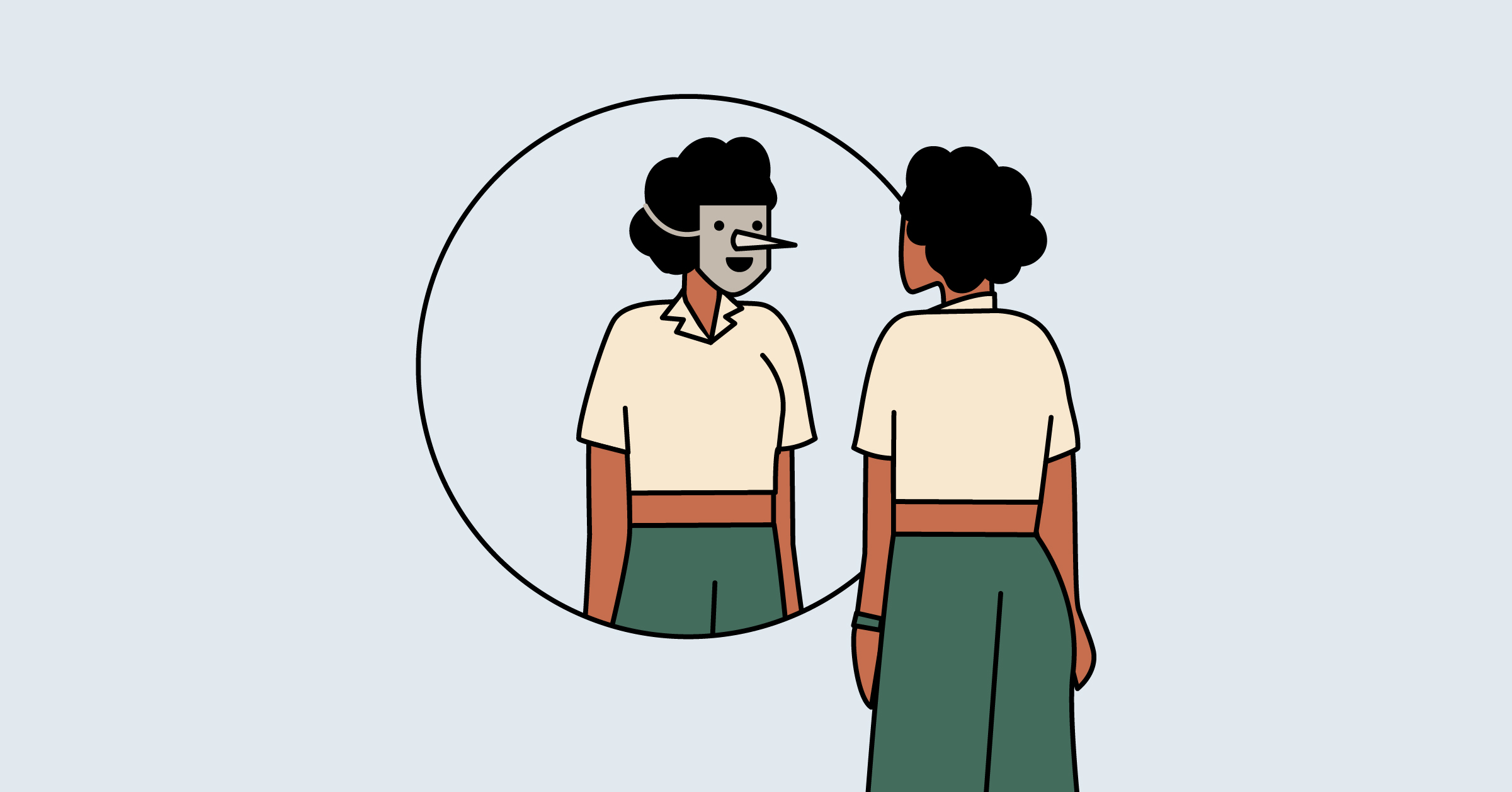Impostor syndrome is a concept I’d be willing to bet the vast majority of women in audio are familiar with. That’s not to say men don’t experience it too, but in a world where women (in any line of work) are more likely to refrain from applying for jobs where they don’t meet every single one of the criteria, you can see how it’s become such an issue.
I can’t remember when I first heard the term, but I do remember a conversation about it several years ago with a highly successful radio producer. She described how, having gone through several stages of a commissioning round and having her project proposal approved, she woke up one morning with the sudden panicked realisation that now she’d have to actually make it happen. Of course she was hugely experienced and had been through this whole process many times before. But still there was a nagging voice in the back of her mind which made her doubt whether she could do it.
The moral of the story was that it doesn’t matter how experienced you are: impostor syndrome never fully goes away. That may not seem particularly comforting, but there’s a lot to be said for knowing that you’re far from alone in feeling this way.
It’s certainly been an ongoing battle for me. For example, referring to myself as an audio engineer or a sound designer still makes me feel uncomfortable, even though these are both titles I’ve held in my work and in education. When I was working in the radio production field, I struggled with calling myself a radio producer, yet that’s exactly what I was. Sounds silly, right? So why does it happen?
I think in my case, perfectionism has a lot to do with it. When I was making documentaries, or sound designing/engineering projects for clients as a freelancer, I convinced myself that unless I was working for the biggest companies in the business, I wasn’t worthy of calling myself what I actually was. Which is ridiculous, of course. And deep down I knew that. But maybe it also had something to do with comparing myself to people who had been doing it for decades, with hundreds or even thousands of credits to their name.
And now it’s the same in theatre. Yes, I’m still learning, and all of the shows I’ve worked on so far have been college productions. But the point is, what I’m doing is the same stuff I’d be doing in a professional environment.
So I’ve started asking myself: ‘How can you expect to get hired if you won’t even allow yourself to use that title?’ I figure that, even if impostor syndrome never completely disappears, I can at least try to make a few changes to my relationship with it. That way, it might be less like the school bully who makes you feel inadequate, and more like that annoying relative you have to see a couple of times a year whose advice you don’t really listen to. It’s also worth remembering that if you continue to play down your skills and accomplishments, there will usually be someone else who has no problem stepping into the void despite having no experience whatsoever.
If you ever find yourself thinking: ‘I have no real right to call myself that’, take a look back at everything you’ve achieved up to now. Chances are you’ll have forgotten how far you’ve come compared to when you started. Our brains are very good at filtering out the positive things we’ve done and focusing too much on mistakes or setbacks. It can be worth remembering this whenever impostor syndrome strikes.
